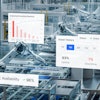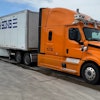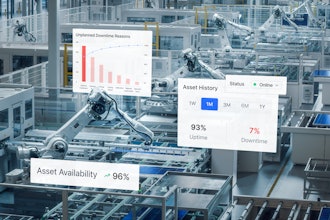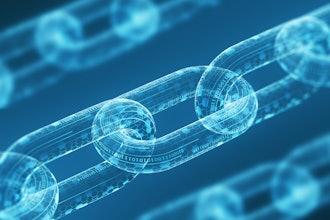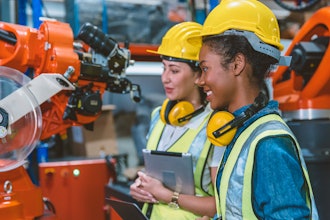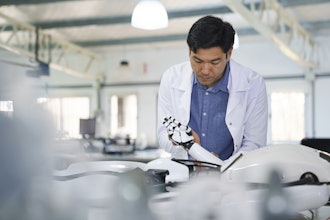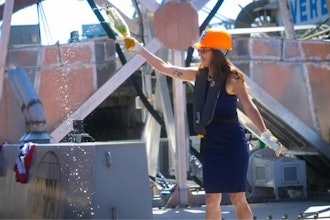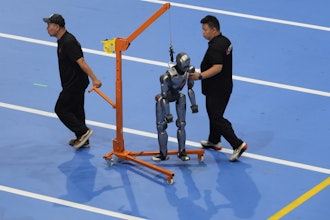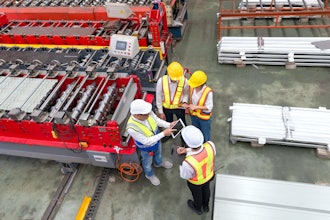
Imagine you are about to go on vacation. You have been looking forward to it for some time. But your robotic personal assistant has other ideas. It calmly explains to you that it will be cheaper, safer and more efficient for it to take your place on the holiday trip.
In one sense, it’s undeniable: The robot can fly in cargo, needs to be fed only electricity, is less likely to be a victim of crime, won’t get lost en route, won’t overlap activity scheduling – and even speaks all the local languages and dialects. But of course nobody would willingly send a robot on vacation in their place, voluntarily missing out on all the sights, sounds and flavors of the new experience.
Yet as a scholar who focuses on human-robot interaction, I see people taking steps toward that kind of utilitarian future all the time. Even though robots can do a great many things – and will soon be able to do much more – there’s a lot we humans stand to lose in the transition. Now is the time to say which human activities should and shouldn’t be handed over to digital autonomy – and the pleasure we get from them needs to factor in the decision.
Weapons & Danger
It might seem fairly easy to come up with a list of tasks that shouldn’t be automated. Lethal autonomous weapons – such as independent armed drones – are already being developed. But they should not go much farther: Life-and-death decisions should not be in the hands of robots and their operational algorithms. Rather, most humans believe that only actual people appreciate the moral importance of taking a human life.
Also, people tend to want to reserve for themselves the enjoyable experiences in life, such as travel, and the many other opportunities that bring happiness, learning and adventure. (Only robots have yet gone to Mars, but not for lack of human interest; rather, space scientists are still working on ensuring people will survive the trip.) What’s given to the robots now tends to be the repetitive, dangerous and dirty parts of workplace labor.
Yet as automation and autonomy play increasing roles in all of our workplaces, they’ll start taking the very jobs from which many human workers draw their professional pride, satisfaction and even enjoyment.
Making Comparisons
Autonomous cars, technology proponents promise, will be more efficient and cheaperthan human-driven cars. And yet, what will be lost?
Whether automation is actually more efficient depends on a user’s preferences – and perhaps circumstances. Look, for example, at the former job called “elevator operator,” and its modern equivalent: car driver.
Someone getting in an elevator carrying heavy bags, eating a burger, or wrangling small children might actually prefer to ask another person for help getting to their intended floor. Even someone entering an elevator alone and empty-handed might be lonely and appreciate the opportunity for a cheery morning smile or even a shared grumble at the weather.
As a technology, cars already tend to isolate people from each other. Cars that relieve people from driving altogether – and from needing other humans to drive – could leave people unaware of other drivers, pedestrians, cyclists and every other human in the transport system. That further detaches people from the sense of inhabiting a shared space and a common society.
The effects on costs are similarly mixed. A building owner no longer has to pay an employee to run the elevator, which saves the owner money. But it’s not so good for the elevator operator, who is now out of work.
Car passengers might appreciate saving money on taxi or Uber fares, and freight companies will certainly save money by running trucks nearly continuously. But the people who used to drive those cars and trucks will be forced to find other work – which isn’t very easy or fast. Champions of efficiency often gloss over this issue, apparently assuming other work will always be available. It isn’t.
Reformatting Society
Beyond economic costs to those displaced workers, losing their jobs may remove a source – and perhaps for some, the only source – of joy and satisfaction from their lives. In searching for a new job, then, they’ll be looking not only for good pay but similar emotional rewards.
As automation enters people’s lives, it not only changes the tasks they do: It changes their relationship to the world, turning them from active, immediate participant to a detached, distant observer. That’s not fun or fulfilling.
The ultimate question, then, is not whether life can become more automated – but rather whether it should. Today’s new car, a partial robot itself built by robots in an automated factory, may for a time be content to sit in a parking spot and wait for its user’s call. But if people aren’t careful, its fully autonomous cousin may one day drive the joy of driving, or even an entire joy of living, out of human experience.

